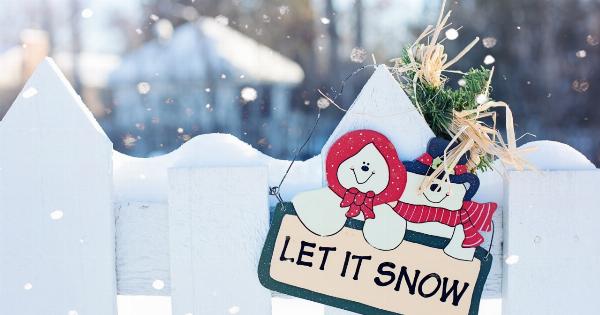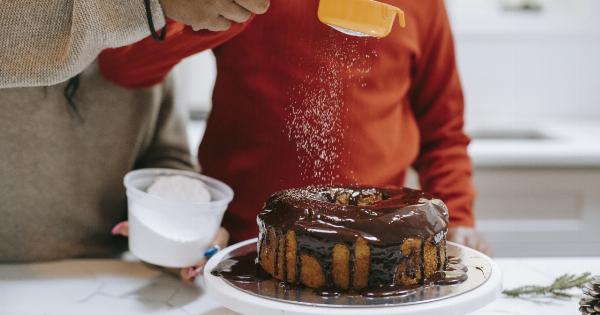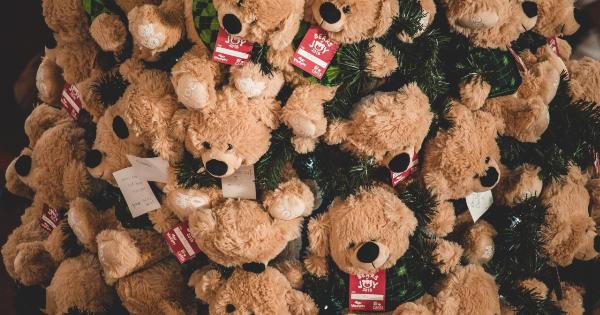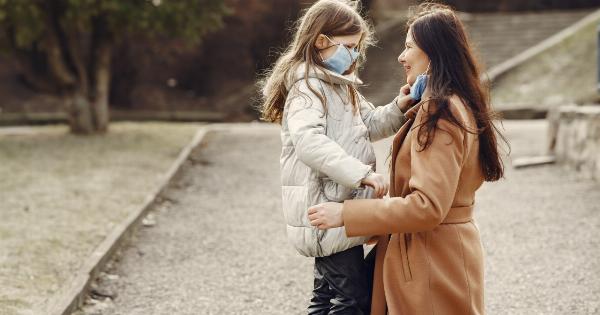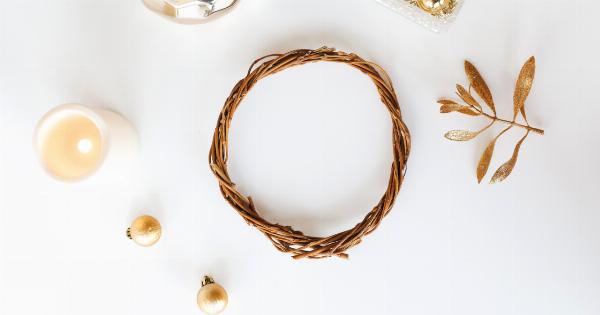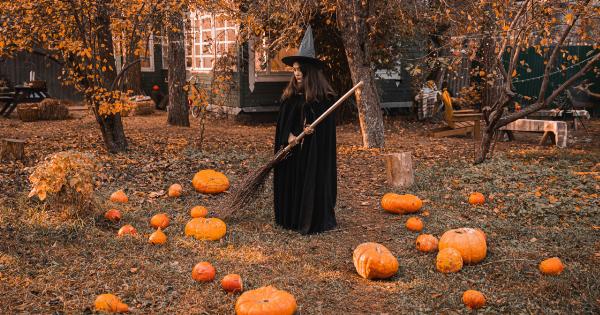The holiday season is a time when many people gather together to celebrate Christmas and spend time with family and friends. However, for those who suffer from allergies, this time of year can be a challenge.
The decorations, food, and even Christmas trees can all trigger allergic reactions. In this article, we will discuss how you can protect your health during the holidays and manage your allergies to enjoy the festive season.
Allergies and Christmas Trees
One of the most iconic symbols of Christmas is the Christmas tree. However, for people with allergies, the Christmas tree can be a source of misery. Christmas trees can carry pollen, mold spores, and dust, which can trigger allergic reactions.
If you are allergic to trees, you may experience symptoms such as sneezing, congestion, and itchy eyes.
To minimize your exposure to tree allergens, consider purchasing an artificial tree instead. Artificial trees don’t shed pollen or carry mold spores and can reduce your exposure to allergens.
If you prefer a real tree, try to choose a low-allergy species. Some of the best low-allergy trees include the Douglas fir, spruce, or cypress trees. Before bringing the tree into your home, give it a good shake to remove any pollen or debris on the branches and trunk.
Allergies and Decorations
Christmas decorations can add festive cheer to your home, but they can also be a source of allergens. Dust, mold, and chemicals in decorations can trigger allergic reactions. To minimize your exposure to allergens from decorations, you should:.
- Wash decorations before use: Dust and debris can accumulate on decorations during storage. Be sure to clean and wash all decorations before using them.
- Choose natural decorations: Consider using decorations made from natural and hypoallergenic materials such as cotton, wool, or silk.
- Use artificial snow with caution: Artificial snow spray contains chemicals that can irritate your respiratory system. If you want to use artificial snow, be sure to use it in a well-ventilated area and wear a protective mask.
- Avoid scented candles: Scented candles can emit fragrances that can trigger allergic reactions. Consider using unscented candles instead.
Allergies and Food
The holiday season is a time when many people indulge in delicious food. However, for people with food allergies, the festive season can be a challenge. Allergens such as peanuts, tree nuts, milk, and wheat are commonly found in holiday foods.
If you have food allergies, it’s essential to be vigilant about what you eat. Here are some tips to help you stay safe:.
- Inform your host: If you are attending a holiday party or gathering, inform your host of your food allergies. Ask what food will be served and if there are any ingredients that may trigger a reaction.
- Bring your own food: If you’re not sure if the food will be safe for you to eat, consider bringing your own food to the holiday gathering.
- Read labels: Make sure to read food labels carefully before consuming. Even small traces of allergens can trigger a reaction.
- Be prepared: Always carry an epinephrine auto-injector with you in case of a severe allergic reaction.
Allergies and Pets
Pets are an important part of many families, but they can be a source of allergens during the holiday season. Pet dander, saliva, and urine can all trigger allergic reactions.
If you or a family member has a pet allergy, it’s essential to take steps to minimize exposure to pet allergens. Here are some tips:.
- Keep pets out of bedrooms: Make sure your bedroom is a pet-free zone and keep doors closed to prevent pets from entering.
- Clean regularly: Regular cleaning can help reduce the levels of pet allergens in your home. Use a vacuum cleaner with a HEPA filter and wash pet bedding regularly.
- Keep pets away from holiday decorations: Christmas trees and decorations can attract pets, who may rub against them and spread pet dander.
- Consider medications: If you are still experiencing symptoms despite taking precautions, talk to your doctor about taking allergy medications to manage your symptoms.
Conclusion
The holiday season should be a time of joy and celebration. However, for people with allergies, the festive season can be a challenge. By taking steps to minimize your exposure to allergens, you can protect your health and enjoy the holiday season.
Whether it’s choosing an artificial tree, reading labels on holiday foods, or keeping pets away from decorations, there are many simple things you can do to manage your allergies during the holidays.

